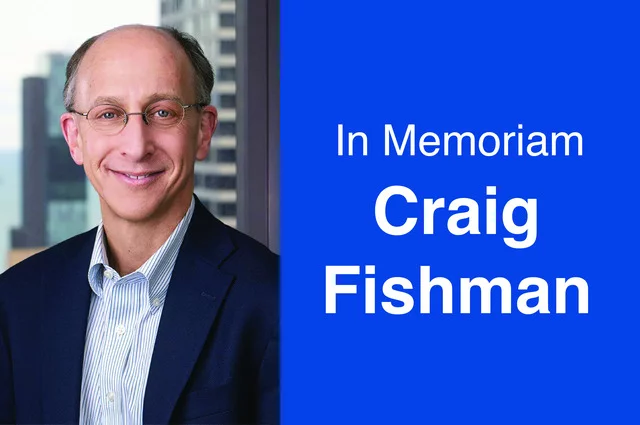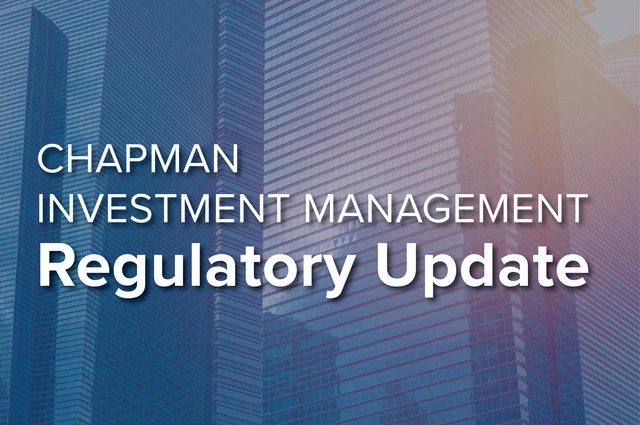- Topic: Energy Future Holdings Corp.
11 matches.
On October 3, the U.S. Bankruptcy Court for the District of Delaware granted a motion to reconsider a decision it made over a year ago in the bankruptcy of Energy Future Holdings Corp. and its co-debtors and in doing so disallowed a $275 million breakup fee to a prospective asset purchaser that it had previously approved.
- Law360
On October 3, 2017, the U.S. Bankruptcy Court for the District of Delaware granted a motion to reconsider a decision it made over a year ago in the bankruptcy of Energy Future Holdings Corp. and its co-debtors and in doing so disallowed a $275 million breakup fee to a prospective asset purchaser that it had previously approved.
- Law360
In a break from recent decisions, on November 17, the Third Circuit Court of Appeals reversed the District Court’s decision in the Energy Future case, finding that make-whole premiums were in fact payable upon a “redemption” even if such redemption occurred after a bankruptcy filing and the automatic acceleration of the underlying debt where the applicable indentures did not otherwise provide.
On June 3, 2016, the United States Bankruptcy Court for the District of Delaware ruled that the intercreditor agreement between first lien noteholders and junior noteholders in In re Energy Future Holdings Corp. did not require the junior noteholders to bear the cost of a previously disallowed make-whole payment to the first lien noteholders.
On February 16, 2016, the District Court for the District of Delaware affirmed the decision of the Delaware bankruptcy court in In re Energy Future Holdings Corp., that noteholders’ claims for make-whole premiums may be blocked by the automatic stay of the U.S. Bankruptcy Code.
- Law360
On November 2, 2015, the Delaware bankruptcy court ruled that where a majority of bondholders direct an indenture trustee to withdraw its confirmation objections, the remaining minority who did not file independent objections to confirmation may not step in to press the indenture trustee’s objections.
Recently, before awarding bondholders any amounts on account of a make-whole provision upon a debt prepayment, courts have repeatedly insisted on clear language in the credit documents requiring such payment notwithstanding a bankruptcy filling and a related automatic acceleration.
- Client Alert
One of the well-known benefits of bankruptcy is that assets can be sold free and clear of claims and interest in the property. But unknown future claims have presented difficulties for purchasers of assets in bankruptcy sales and courts have struggled to devise a clear rule for dealing with such claims.
Chapman and Cutler attorneys have been monitoring decisions and developments with respect to creditors' rights and have compiled the client alerts published to date that provide important insight regarding the implications of these decisions for holders of secured debt and highlight what every creditor should know in order to effect rights under its credit agreement.
- The Harvard Law School Forum on Corporate Governance and Financial Regulation
The Harvard Law School Forum on Corporate Governance and Financial Regulation posted an article based on a recent Chapman Sidebar.
- Chapman Sidebar
Given today’s low interest rate environment, the enforceability of make-whole provisions has been the subject of intense litigation as debtors seek to redeem and refinance debt entered into during periods of higher interest rates, and investors seek to maintain their contractual rates of return. This trend has come to the forefront most recently in two separate cases, one filed in Delaware and the other in New York.









